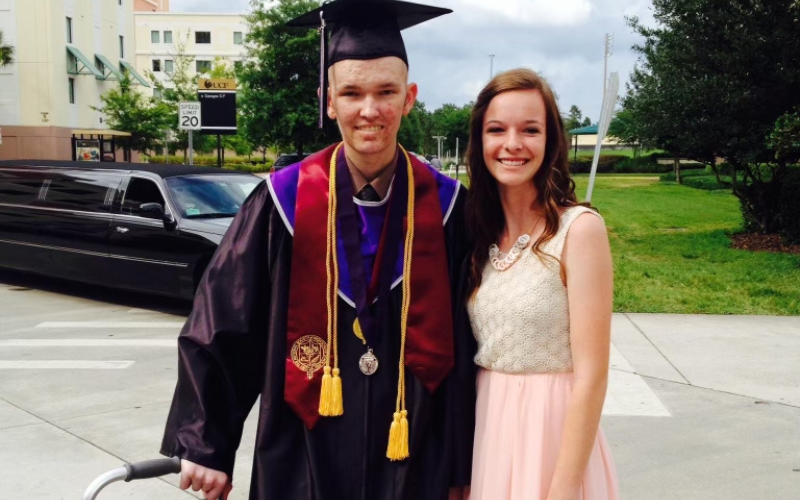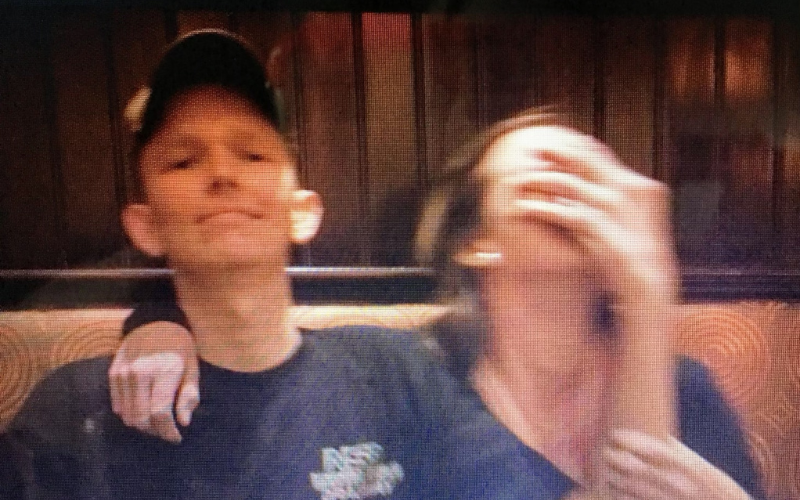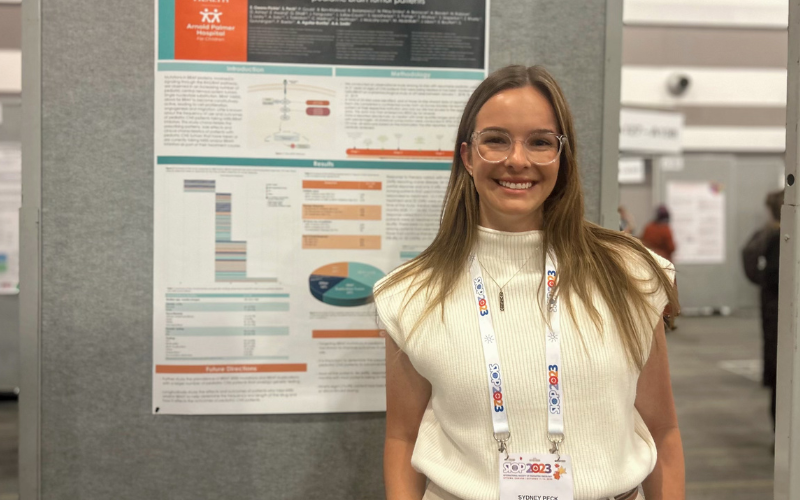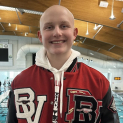By: Trish Adkins
Sydney Peck always loved science. Naturally curious, she was fascinated by biology and anatomy as a kid. She always thought she’d be a pediatrician, or work in labor and delivery or maybe do something with cardiology because her dad’s family had a history of heart problems.
Then her older brother, Cody, was diagnosed with a brain tumor and everything clicked into place.
“It was like I found my purpose,” Sydney said. Sydney recalls her brother’s medical team as passionate and full of love for their work. She remembers always feeling taken care of, even during the heaviest times, by his doctors, who she said made her entire family feel special.
Sydney wanted to be a doctor like that.
A Devastating Diagnosis
Cody was just a junior in high school when the terrible headaches began. He spent the entirety of Thanksgiving on his grandmother’s couch. Nothing helped. It was unlike him to be down for long. "He never was the type to the have the man-flu,” Sydney joked.
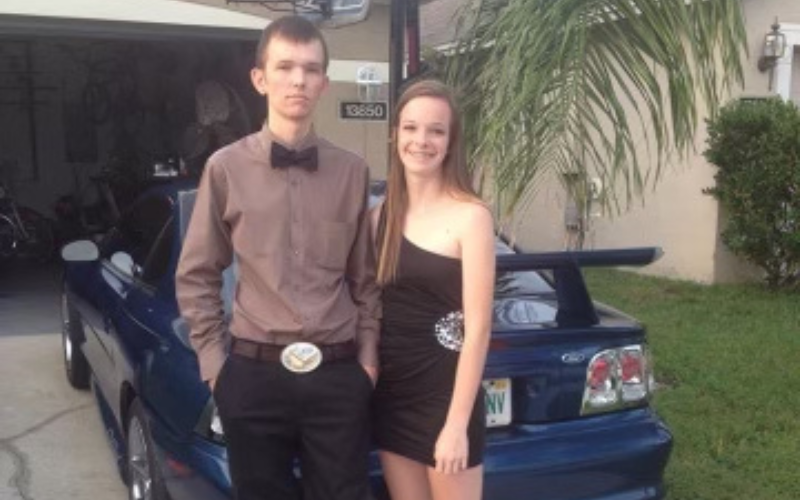 “I remember thinking this will all be fine. He’ll go to the hospital and be taken care of,” said Sydney. Instead, the call came: Cody had medulloblastoma, which accounts for about 20% of all pediatric brain tumors. It was a whirlwind of surgery and chemo and then the entire family relocated from their home in Orlando to Jacksonville for several weeks of proton radiation. Sydney had to navigate how to keep up with her schoolwork while also feeling the need to be strong for her parents. Cody, she said, was so strong and never complained.
“I remember thinking this will all be fine. He’ll go to the hospital and be taken care of,” said Sydney. Instead, the call came: Cody had medulloblastoma, which accounts for about 20% of all pediatric brain tumors. It was a whirlwind of surgery and chemo and then the entire family relocated from their home in Orlando to Jacksonville for several weeks of proton radiation. Sydney had to navigate how to keep up with her schoolwork while also feeling the need to be strong for her parents. Cody, she said, was so strong and never complained.
It was great news when Cody finished his initial round of treatment and enjoyed some time without cancer.
“Ah, That Guy.”
Sydney’s relationship with her brother was playful. When asked about him, she laughed and said “Ah, that guy,” and then recounted stories of jokes and laughs, rides to school, and a truck horn that sounded like a train whistle — which Cody would honk at just the right moment to startle pedestrians and cyclists (just a little, enough for a laugh). Cody was curious, too, and liked to figure things out. He had an old truck that he was rebuilding piece by piece. Eventually he sold it because it was just too broken to fix.
Unfortunately, a later scan showed more disease. Cody's parents took him to Boston for a promising clinical trial. Again, Sydney believed everything would be fine. Cody would go to Boston, get treatment, and return home, back to normal.
Sydney was in Florida walking along the Intercostal Waterway with her grandmother when she heard the update: in the pre-trial testing, Cody couldn’t pass the breathing test. Another scan showed disease in his brain, his spine, everywhere.
“Your world comes crashing down," said Sydney. "I thought, 'What the heck?'” This time, Sydney understood the weight. Cody would die a few weeks later. He was just 18 years old. One of the hardest parts, said Sydney, was watching her parents be so broken.
But Sydney's love of science, her curiosity, and her brother’s story helped Sydney take some positives out of this terrible time. Her brother gave her a purpose. Her family began supporting Alex’s Lemonade Stand Foundation, which they credit with helping Cody travel to treatment, providing information about medulloblastoma, and supporting Sydney through the SuperSibs program, which provides comfort and care mailings to siblings while their brother or sister goes through cancer treatment. A year after Cody died, Sydney went to Boston and shadowed his medical team, confirming her resolve to someday become a neuro-oncologist.
Sydney went to college, majored in bio-medicine and started a Lemon Club at the University of Central Florida. She continued to graduate school to study neuroscience, and then her brother’s oncologist at Arnold Palmer Hospital for Children in Orlando offered Sydney a job to be part of the clinical research team. She accepted. Her favorite part of the job is offering her empathy, compassion, and experience to families in the fight. Her next stop: medical school.
It's still hard, she says, an upward battle sometimes against grief, but feels she has found her community and her place in the neuro-oncology world. All the current science and new clinical trials keep her motivated and thankful that families today have more options than her brother did ten years ago.
Her brother’s truck, the one that was sold because it was too broken to fix, is now restored. Sydney’s dad found it again, bought it back home, and placed Cody’s initials inside.
“That truck has become part of our family’s story,” said Sydney. “Cody was always so strong. He never took one day for granted.”

